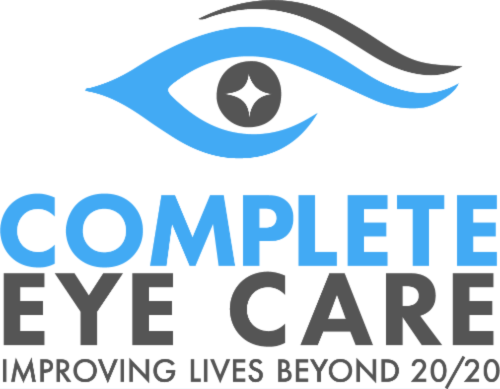
Is Excessive Screen Time Harming Your Child's Health and Vision? Discover the Impact and Solutions
In today's digital age, children are increasingly exposed to screens and electronic devices. While technology has its benefits, concerns have been raised about the potential impact of excessive screen time on children's health and vision.
We’ll explore the effects of too much screen time on children and provide strategies for managing screen time to promote healthy vision.
The Effects of Excessive Screen Time on Children's Health
Excessive screen time can have significant implications for children's physical, mental, and emotional well-being. Here are some implications:
Physical health implications
- Sedentary lifestyle and lack of physical activity: Spending excessive time in front of screens often means less time engaging in physical activities, leading to a sedentary lifestyle and an increased risk of obesity and related health issues.
- Obesity and related health issues: Lack of physical activity coupled with poor dietary habits associated with excessive screen time can contribute to weight gain and obesity in children.
- Poor sleep patterns and disruptions: Exposure to screens before bedtime can interfere with the quality and duration of sleep, leading to sleep disturbances and daytime fatigue.
Mental and emotional health implications
- Increased risk of anxiety and depression: Studies have suggested a correlation between excessive screen time and higher levels of anxiety and depressive symptoms in children.
- Impacts on social and emotional development: Excessive screen time may limit opportunities for face-to-face interactions, affecting children's social skills, empathy, and emotional regulation.
- Attention and behavior problems: Prolonged screen time has been associated with attention deficits, impulsivity, and difficulties in self-regulation among children.
The Relationship between Excessive Screen Time and Vision
Excessive screen time can also have an impact on children's vision, leading to various visual issues.
- Symptoms and signs of digital eye strain: Eye fatigue, dryness, redness, blurred vision, headaches, and neck/shoulder pain are common complaints associated with prolonged screen use.
- Impact on visual comfort and productivity: Digital eye strain can reduce visual comfort, making it harder for children to concentrate, read, and engage in other visual tasks effectively.
The Association between Screen Time and Myopia
Several studies have found a correlation between increased screen time and the development and progression of myopia in children. Factors contributing to myopia progression:
Excessive near-work activities, such as prolonged screen use, can contribute to the elongation of the eyeball and the onset or worsening of myopia.
Other potential visual issues
- Dry eyes and reduced blink rate: Staring at screens for extended periods can result in reduced blink rates, leading to dry eyes and discomfort.
- Increased sensitivity to light and glare: Excessive screen time may make children more sensitive to bright lights and glare, causing visual discomfort.
Strategies for Managing Screen Time and Promoting Healthy Vision
To mitigate the potential negative effects of excessive screen time, parents and caregivers can implement various strategies to manage screen time and promote healthy vision for children.
- Recommended screen time limits by age group: Following guidelines from reputable organizations, such as the American Academy of Pediatrics, can help parents establish appropriate screen time limits for their children.
- Creating screen-free zones and designated device-free time: Designating specific areas in the home and specific times where screens are not allowed can help promote healthier screen habits.
Encouraging outdoor activities and physical exercise
Encouraging children to engage in outdoor activities and regular physical exercise can counteract the sedentary nature of screen time and promote overall health and well-being.
Implementing the 20-20-20 rule for visual breaks
Encourage children to follow the 20-20-20 rule: every 20 minutes, take a 20-second break, and look at something 20 feet away. This can help reduce eye strain and maintain healthy vision.
Proper ergonomics and viewing distances
Educate children about maintaining proper posture, sitting at an appropriate distance from screens, and adjusting screen brightness and contrast to reduce eye strain.
Regular eye examinations and myopia management
The role of optometrists in monitoring and addressing visual issues: Schedule regular eye examinations with Complete Eye Care to assess children's vision health and address any visual concerns.
We provide options for myopia management, such as specialty contact lenses or atropine eye drops, to slow down the progression of myopia in children.
Excessive screen time can have detrimental effects on children's health and vision. By implementing strategies to manage screen time effectively and promoting healthy habits, parents and caregivers can help mitigate these risks and support children's overall well-being.
Take proactive steps to protect your child's vision and overall well-being. Schedule an eye examination with our experienced optometrists today.
Contact us to book an appointment and ensure your child's eyes are healthy and their vision is well-managed. Don't wait - prioritize their visual health and give them the best start in life.
